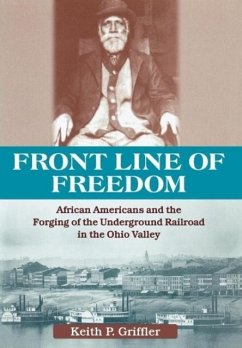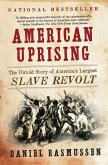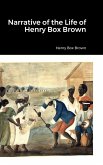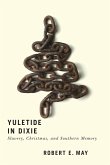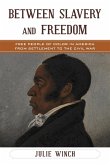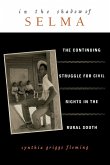The Underground Railroad, an often misunderstood antebellum institution, has been viewed as a simple combination of mainly white "conductors" and black "passengers." Keith P. Griffler takes a completely new battlefield-level view of the war against American slavery as he reevaluates one of its front lines -- the Ohio River, the longest commercial dividing line between slavery and freedom. In shifting the focus from the much discussed white-led "stations" along routes conducting fugitives through free states to the primarily black-led frontline struggle along the Ohio, Griffler reveals for the first time the history and crucial importance of the freedom movement in the river's port cities and towns.Front Line of Freedom examines the full context of America's first successful interracial freedom movement, which proved to be as much a struggle to transform the states north of the Ohio as those to its south. In a climate of racial proscription, mob violence, and white hostility, the efforts of Ohio Valley African Americans to establish and maintain viable communities became inextricably linked to the steady stream of fugitives crossing the region. By revealing the pivotal role of African Americans, Front Line of Freedom sketches the contours of what became a truly interracial struggle against slavery, demonstrating collaboration at every level of the enterprise. As Griffler traces the efforts of African Americans to free themselves, he provides a window into the process by which this clandestine network took shape and grew into a powerful force in antebellum America.

